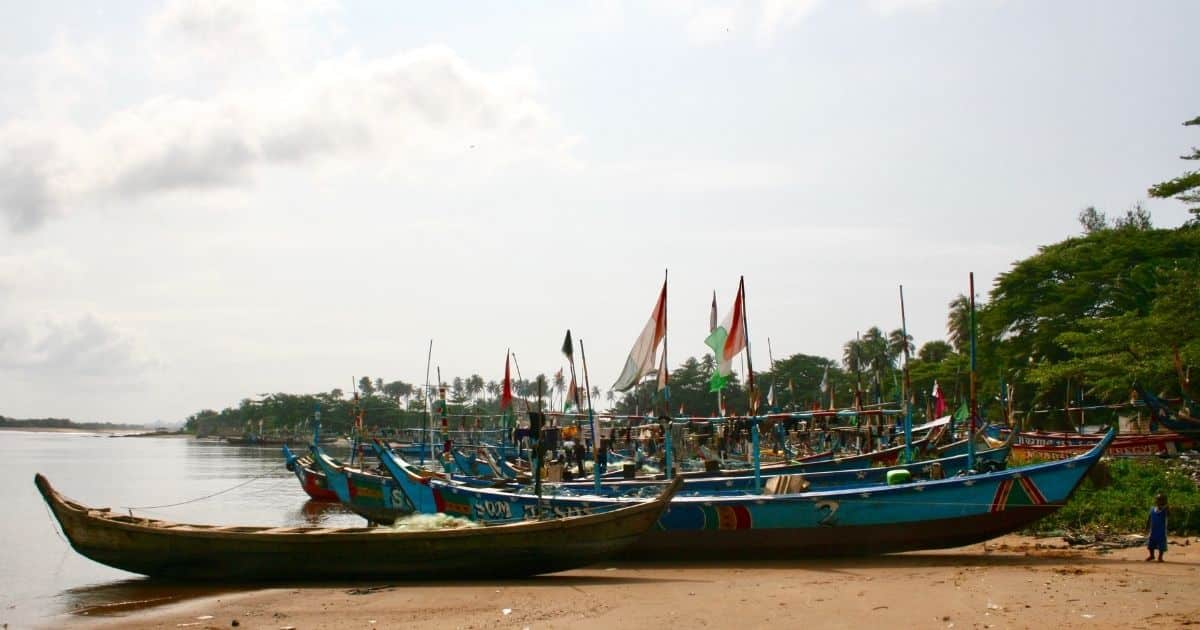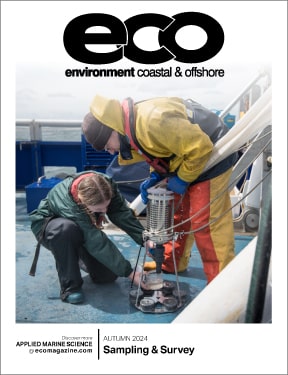This work was done alongside communities in Grand-Béréby to strengthen protection of marine biodiversity and fisheries resources, and to enhance local livelihoods.
The Minister for the Environment and Sustainable Development, Professor Joseph Seka Seka said: “Today I announce our decision to create Cote d’Ivoire’s first Marine Protected Area in Grand-Béréby, a ‘partially protected’ area that will include an integrally protected zone closed to all activities, and an eco-development zone that will support sustainable fishing practices and ecotourism activities. “
In September, the Ivorian government stated its intention to create five MPAs – and the recent announcement confirms the first of these.
A legal process will now take place before the MPA rules come into effect.
The MPA location includes important sea-bed habitats and reef ecosystems, as well as globally significant nesting and foraging grounds for the leatherback, green and olive ridley turtles.
It will also protect more than 20 species of sharks and rays, including hammerheads, manta rays and guitarfish – a group of rays now considered the world’s most threatened marine fish.
Abou Bamba, Executive Secretary of the UNEP Abidjan Convention, said: “The government of Cote d’Ivoire should be widely applauded for this truly momentous decision, which shows tremendous leadership that we hope will resonate and be replicated across the Atlantic facade of Africa to unlock the economic potential of the continent coastal zones. “
Alexandre Dah, President of CEM, said: “The government of Cote d’Ivoire should be congratulated for translating our science into policy, with this new MPA both safeguarding globally important populations of threatened marine species, as well as supporting the livelihoods of local communities who depend on fisheries resources. “
The creation of the MPA relied on detailed scientific data collected by a team including the University of Exeter, who were supported by funding from the UK government Darwin Initiative and the Rainforest Trust.
The research included participatory work with local communities to collect data on the biodiversity and health of the waters, including underwater surveys of marine habitats and previously undocumented reefs, and satellite tagging of sea turtles.
“This MPA is in a really unique area of marine biodiversity, whose reefs provide a natural refuge that will now be complemented by legal protection,” said Dr Kristian Metcalfe, of the Center for Ecology and Conservation on Exeter’s Penryn Campus in Cornwall.
“The political will for protecting marine biodiversity and supporting sustainable resource use has been exemplary, and so we are delighted that our collaborative efforts have been able to underpin such a massive step in marine conservation.
“Levels of marine protection in West Africa are generally low, so the Ivorian government’s creation of a Marine Protected Area is a big statement that will hopefully act as a regional exemplar.”
The Exeter team were invited to Ivory Coast after working on marine conservation projects, first in Gabon and then in the Republic of the Congo.
By University of Exeter

